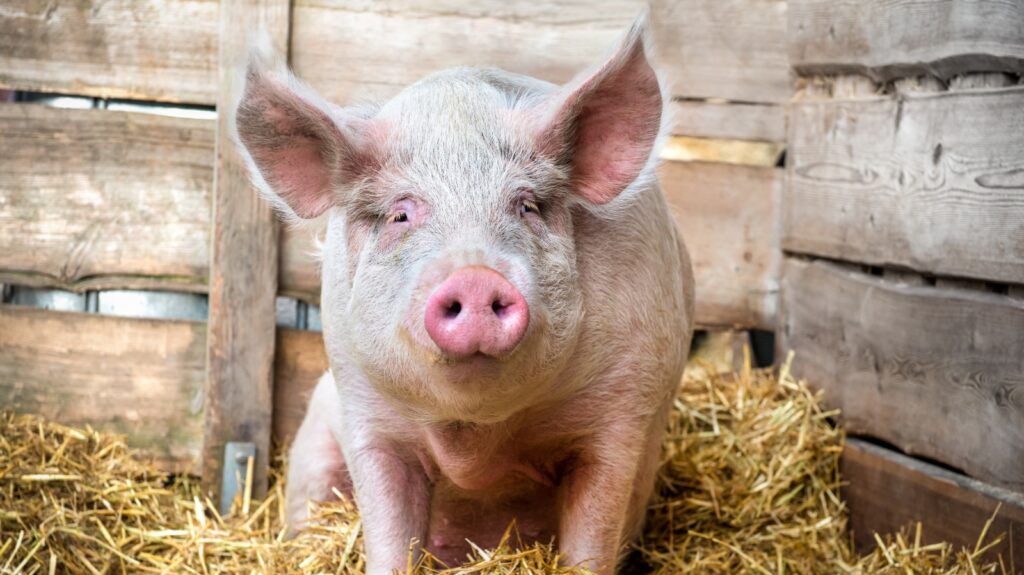Microplastics are everywhere. They’re in oceans, rivers, fish, and the air we breathe. They’re even in meat, dairy, and the blood of farm animals, according to a new study.
Microplastics are tiny pieces of plastic measuring less than 5mm in size. Scientists from the Netherlands’ Vrije Universiteit Amsterdam (VUA) found them in three-quarters of the meat and milk products they tested. These included eight samples of beef and five samples of pork.
The researchers also found minuscule pieces of plastic in every single blood sample they collected from 12 cows and 12 pigs, as well as every sample of animal feed.
Studies have found that we already consume around five grams of microplastics per week. We do not yet know how much harm this could be doing to our bodies or to farm animals. But tests have shown that microplastics cause damage to human cells, including allergic reactions and cell death.
Earlier this year, VUA researchers also discovered microplastics in human blood samples.
According to one 2017 report from the United Nations, there are 51 trillion microplastics in the sea. Research suggests that microplastics hurt fish, stunting their growth and development and damaging their gills. Abandoned fishing gear contributes 10 percent of ocean plastic.
‘We urgently need to rid the world of plastic’
Researcher Dr. Heather Leslie said that the new farm animal study “should act as an impetus to further explore the full scope of exposure and any risks that may be associated with it.”
Maria Westerbos, the founder of nonprofit marine conservation organization the Plastic Soup Foundation, says that given the microplastics in animal feed, “it is not surprising” that scientists found microplastics in blood and meat. The Plastic Soup Foundation commissioned the new research.
Westerbos told the Guardian: “We urgently need to rid the world of plastic in animal feed to protect the health of livestock and humans.”






